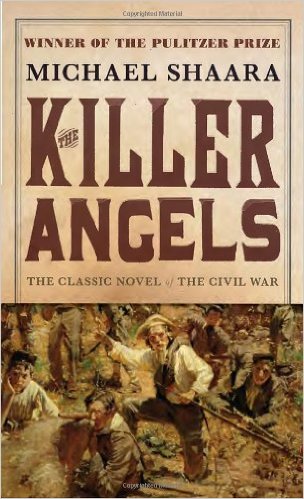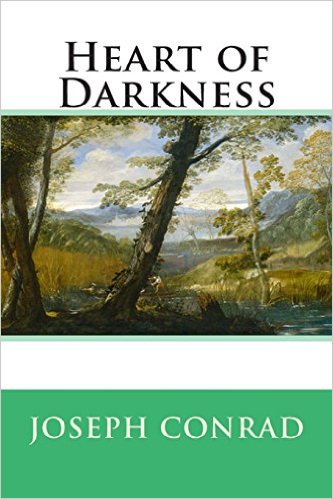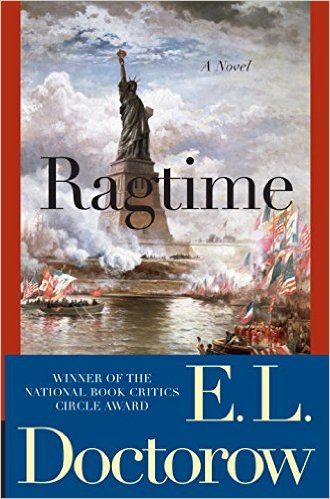Stranger than Fiction: The Intersection Between History and Imagination
Photo of Abraham Lincoln taken in NYC in February of 1860 (National Park Service)
The other day I was thinking about why so many of us love historical fiction. Why historical fiction, an adaption built upon past reality, as opposed to literary fiction, mystery or thriller genres, wholly based upon creative or imaginary constructions? (Some historical fiction is, in fact, quite literary.)
For one, history is much richer than most writers’ imaginations. As human actions are so varied and unpredictable, actual history is, therefore, far stranger than fiction. Yet, if you think of the figures of the past as real people—flesh and blood creatures with fears and desires like our own—then even their most improbable actions make perfect sense. We know what they did—that part is history. But deducing their motives, understanding the conflicts inherent in their times—and writing about them in a way that shows them to be parallel to the issues of our time in a meaningful way—takes imagination.
We writers tend to sculpt history’s icons to fit narratives that justify our own belief systems, to use the real struggles of historical figures to prove that our own ideas are somehow the inevitable result of humankind’s progress. But the men and women of the past were not chess pieces moved by the grand hand of history. They were people as complex and contradictory as you or I, living in what was not really a simpler time. Far from it.
Bringing History Alive
In every crisis throughout history, the result was in grave doubt at the time it transpired. Thus, the real drama that makes a good story already exists. It is up to the writer to bring it alive. Further, not all the historical forces we admire today succeeded. Look at Athens, its Golden Age snuffed out by military force. Or consider the Roman destruction of Jerusalem. The so-called “Good Guys” sometimes lose; and their cause, if not lost entirely, can be delayed, often for centuries.
Even when the Good Guys triumphed, it was often only by a razor’s edge. Take the American Revolution. Was democracy certain to survive against the powerful British world empire? Not at all. Was the Union destined to win the America Civil War? In fact, was slavery necessarily destined to end in the Nineteenth Century? Perhaps without Abraham Lincoln’s personal predisposition against the South’s “peculiar institution,” 1865 might have been just another year.
Literature is Character
And that gets to my main point—that historical figures were real people, with depth, personal quirks, and dimensions that even the greatest writers would have difficulty creating. Think of Abraham Lincoln as a fictional character. Problems with depression. Burdens that would crush most humans—including the loss of two beloved children! And his wife who had deep problems of her own. Not to mention he had a chaotic war to manage. Yet, his wisdom soared above his time. His mercy and foresight are justifiably legendary. And the whole poor boy/self-taught/log cabin background? How about rising from a country lawyer to represent the powerful railroads? And taking a stand against slavery, with his great Cooper’s Union speech, and then becoming president?
And Lincoln’s wit and storytelling? He was a great writer himself, not merely his speeches, but also his use of simple country humor to explain very complex issues.
How could you possibly conceive of a greater character than that?
Two Categories
There is more than one type of historical novel. One type takes actual events and, through good writing, dramatizes them. This is what Michael Shaara has done in The Killer Angels, one of the novels in his trilogy in which he dramatizes battles of the Civil War.
Then there is the imaginative use of the past to create an entirely new story, an alternative history, with deep themes. Joseph Conrad does this in Heart of Darkness, which makes an important statement about imperialism. Or E. L. Doctorow’s Ragtime, which mixes historical figures and fictional characters to reveal issues surrounding racism, marriage, women’s rights, and more.
My novel, The Lies That Bind (Book 1 in my DarkHorse Trilogy), is this second category of fiction. Using some unusual twists and concepts, The Lies That Bind attempts to create a new experience for the reader, even though it is set in a familiar place and time, a rural hamlet in antebellum Mississippi. Using this method enabled me to offer the reader different perspectives on race, gender, family dysfunction, friendship and brotherhood, power lust, economic markets, and a host of other issues. Precisely because The Lies That Bind isn’t tied to actual events, I was free to add in surprising plot twists, as well as pathos, irony, humor, really anything that I felt fit the story.
There is much good reading out there to fulfill and enlighten historical novel readers of all kinds. For me, I’m re-reading Umberto Eco’s The Name of the Rose.
Sign up here to receive Ed's blog posts directly.
Historical Novel Society Review of The Lies That Bind: “The action and drama are compelling from the first page to the exciting conclusion. The animosity between the French plantation and Hurst builds to an exciting and surprising climax. Antoinette is so mysterious, one doesn’t know of her mission until the end. Highly recommended, and I am anxious to read the next installment.”





